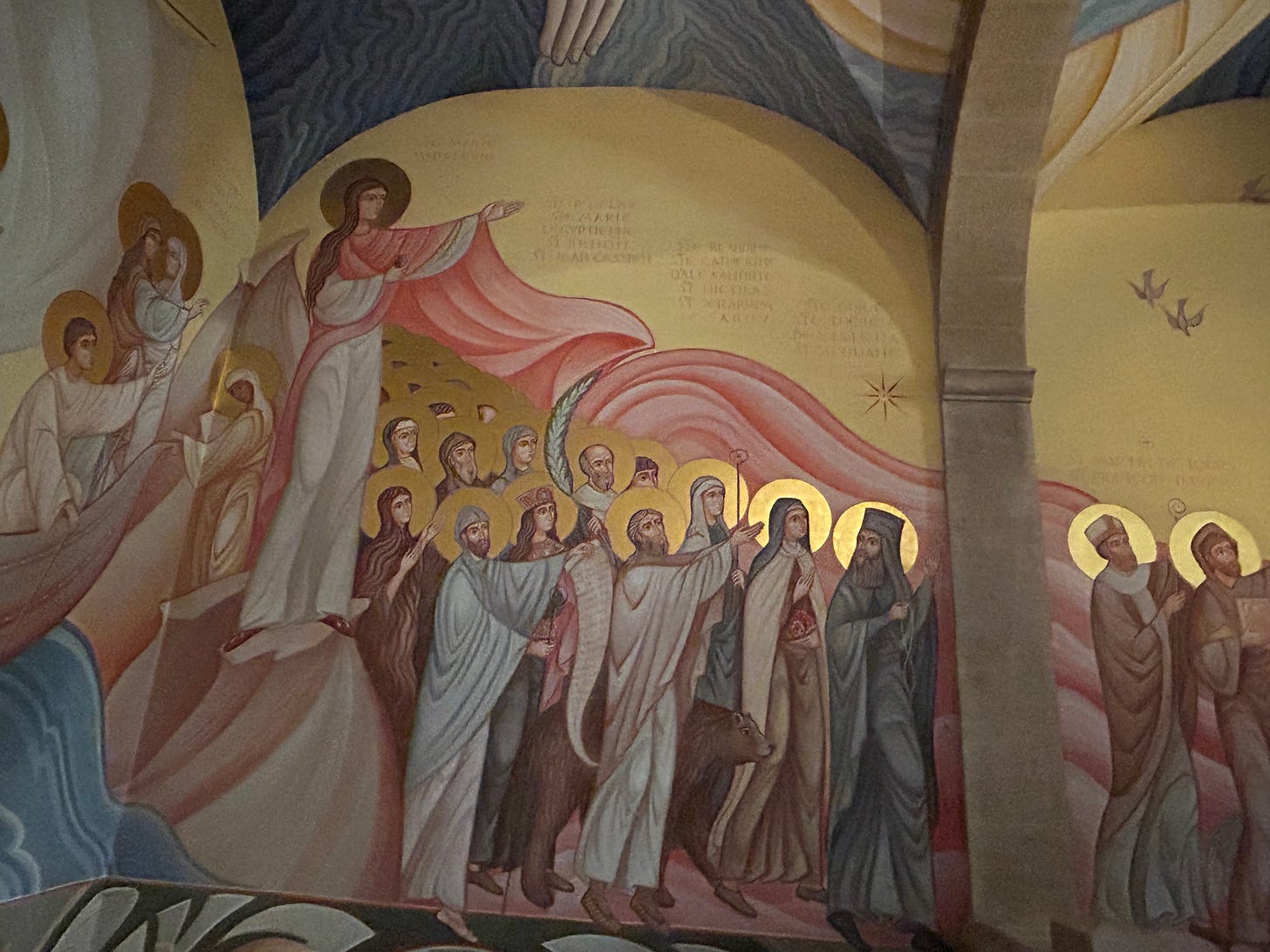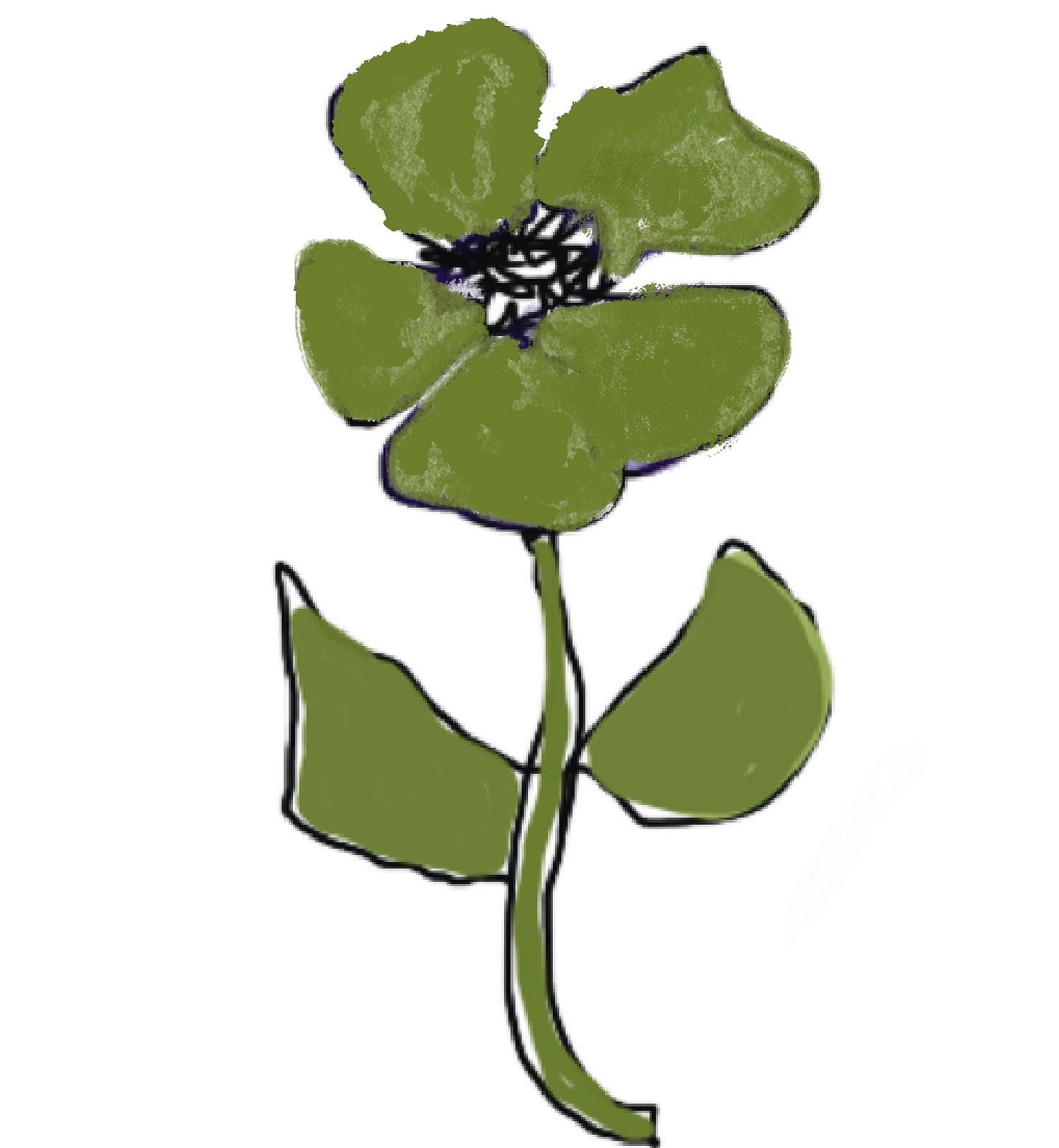I look not toward the lessons of remedial science and repairing damage. Instead, I look to a new social and behavioral science that seeks to understand and nurture those human strengths…whose aim is the building of what makes life most worth living.
~Martin E. P. Seligman
…Mary stood up. She greeted them all, and said to her brothers and sisters, “Do not weep and be pained, nor doubt, for all his grace will be with you and shelter you. But rather let us praise his greatness, for he has prepared us and made us Humans. When Mary said this, she turned their heart to the Good, and they began to discuss the words of the Savior.”
~The Gospel of Mary
In 1998, Marty Seligman used his inaugural address as the incoming president of the American Psychological Association to initiate the field of Positive Psychology by calling for a shift in focus from mental illness and pathology to inherent goodness and the strengths that enable individuals and communities to thrive. Since then, thousands of researchers around the world have provided an enormous repository of knowledge about the science of flourishing and what makes a life most worth living.
The Gospel of Mary is a little known manuscript from the origins of Christianity that came to light in 1896, but did not appear to our modern world until the late twentieth century. This is the first and only known gospel whose main figure is a woman, and its revolutionary perspective shifts our focus from sin and the need of external salvation to an emphasis on the goodness of both our individual self and humanity as a whole.

As one of the first one hundred students to earn a Master of Applied Positive Psychology at the University of Pennsylvania, I’ve long been contemplating what makes a life worth living while applying wellbeing theory to my experience as a stay-at-home mom of five. A student of optimism and seeker of truth, my journey through motherhood led me to Mary Magdalene—who emerges from the sands of time with teachings on “the good within our midst” that align with my studies on human flourishing.
Connecting an ancient enigmatic figure of religion to modern psychological science might seem like a stretch, but a thread can be drawn from Marty Seligman—to Aristotle and the Greek philosophy that influenced his thinking—to Mary Magdalene, whose gospel was originally composed in Greek and influenced by this language and culture.
To learn more about a woman at the heart of Christianity who has long been misunderstood and marginalized, you can read on about how I found Mary Magdalene in the trenches of modern motherhood and why she matters so much to me here or head over to
for essays and conversation about her teachings, legend, and archetype.How I believe the science of happiness really applies to motherhood is the seedling of a larger story, but you can read an excerpt from my forthcoming memoir, The Artistry of Faith—where I take you from my career as a professional dancer, to my studies of happiness, through the struggle and joys of motherhood, to a cave in France—on a journey to create a life worth living.
Inspiration: Sacred Nature: Restoring Our Ancient Bond with the Natural World by Karen Armstrong
Soundtrack: Over the Rainbow by Eva Cassidy
Nourishment: Sacred creativity born of The Artistry of Faith
Guide:
of Ancient Future Heart—where magic meets the mundane and she reminds us Why the Stars Matter







